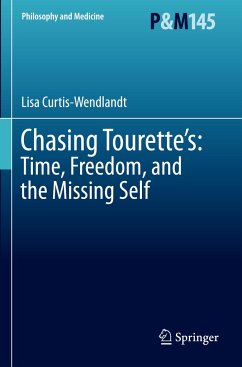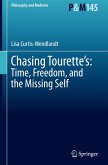This book offers a philosophical perspective on contemporary Tourette Syndrome scholarship, a field which has exploded over the last thirty years. Despite intense research efforts on this common neurodevelopmental condition in the age of the brain sciences, the syndrome's causes and potential cures remain intriguingly elusive. How does this lack of progress relate to the tacitly operating philosophical concepts that shape our current thinking about Tourette Syndrome? This book foregrounds these tacit concepts and shows how they relate to "big topics" in philosophy such as time, volition, and the self. By tracing how these topics relate to current research on Tourette's, it invites us to re-think our approach to research and care. Such re-thinking is urgently needed: individuals and families living with Tourette Syndrome remain under-serviced as pharmacological and behavioural therapies provide relief for some but not all who need support. This book highlights what questions we ask and do not ask in contemporary scholarship, thereby surfacing invisible constraints and opportunities in the field. It is of interest to scholars, health professionals, students, and affected families who want to better understand this burgeoning field of research with its conceptual controversies, approaches to aetiology, and directions for new research and improved clinical care.
Bitte wählen Sie Ihr Anliegen aus.
Rechnungen
Retourenschein anfordern
Bestellstatus
Storno









